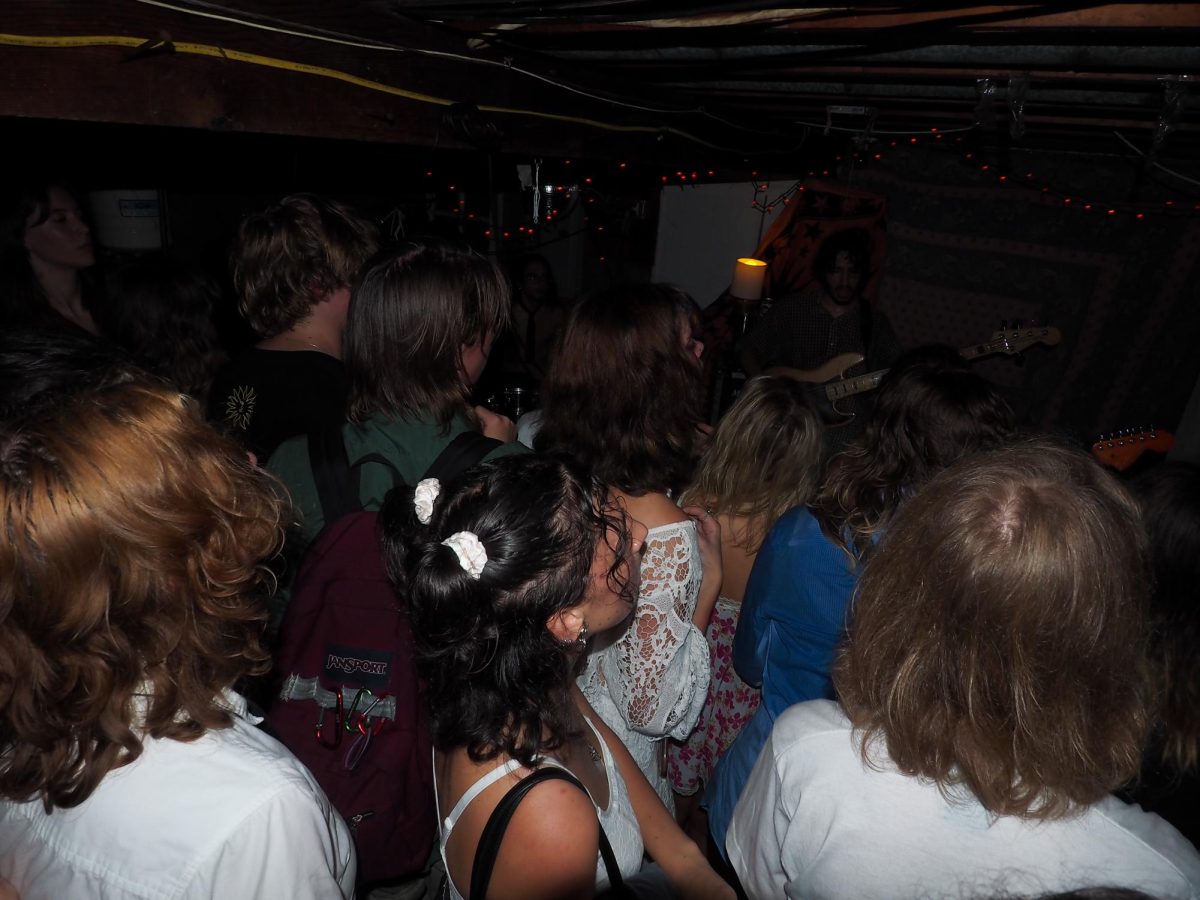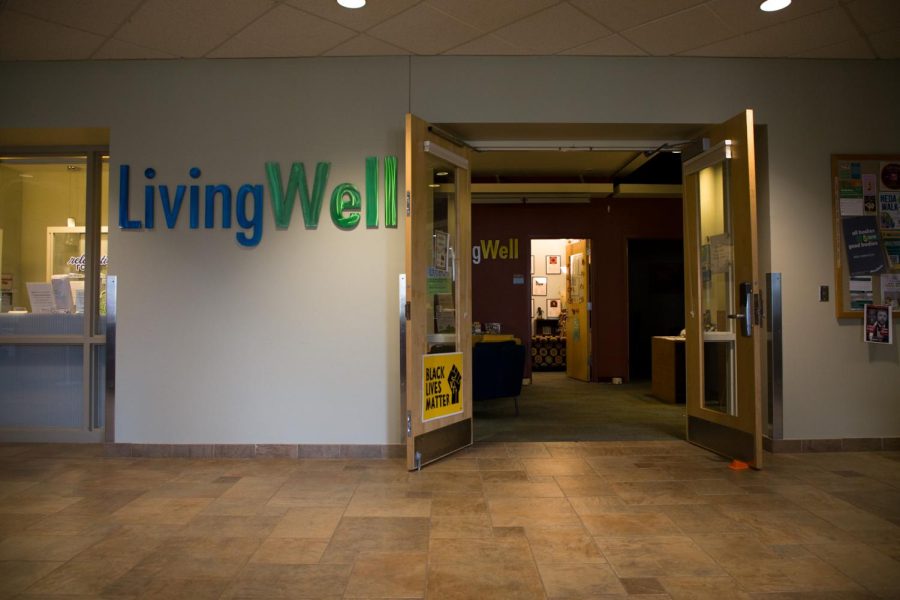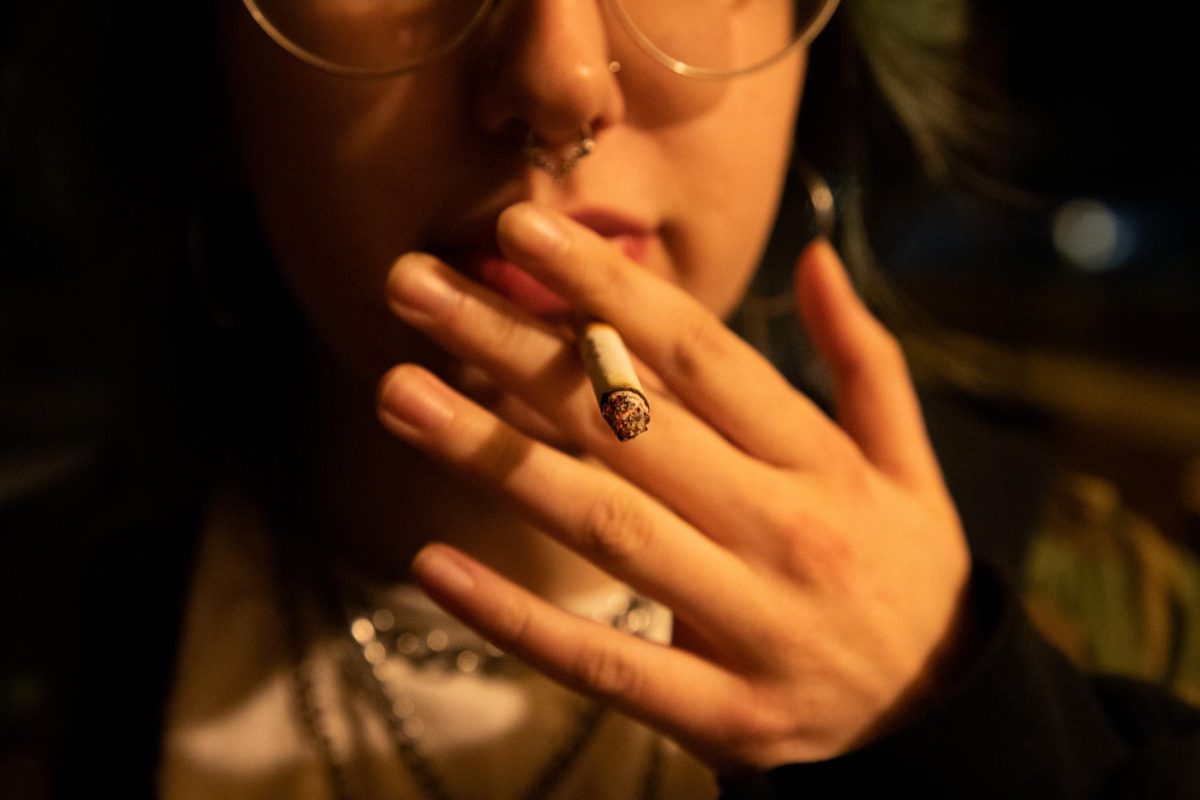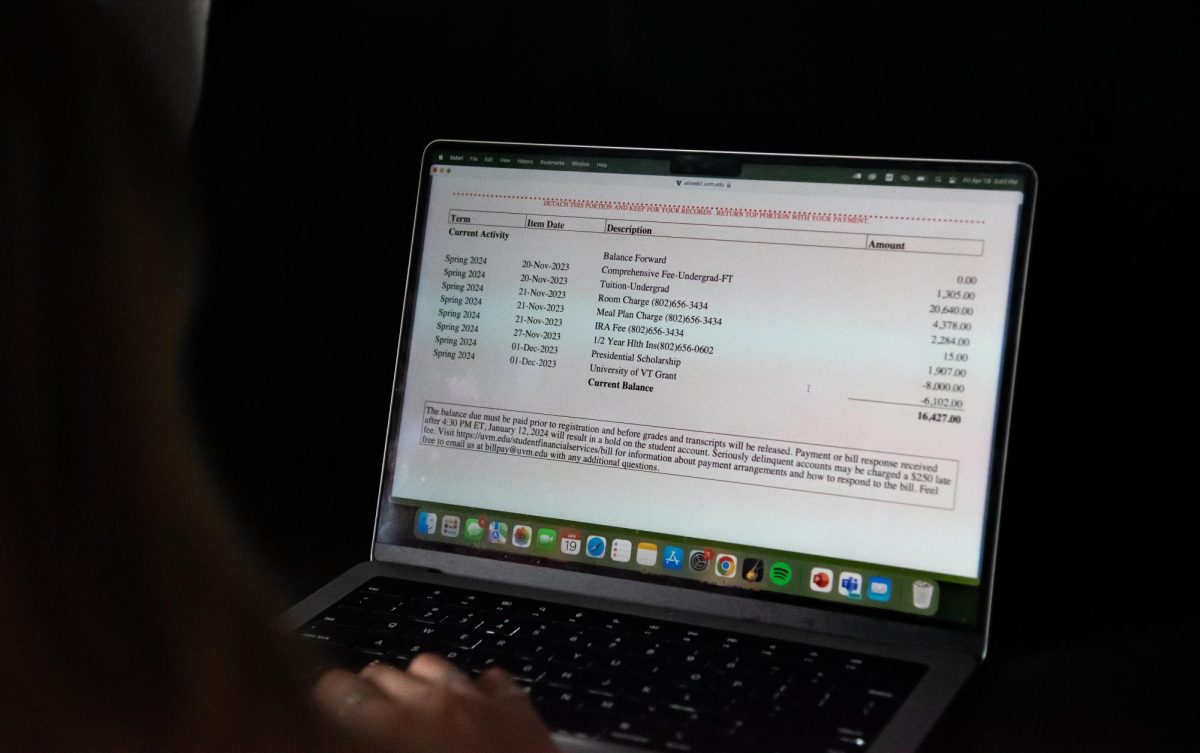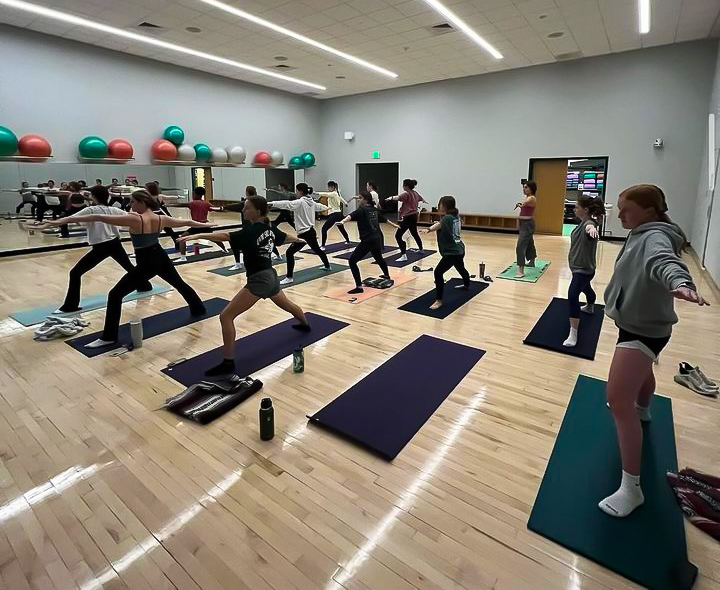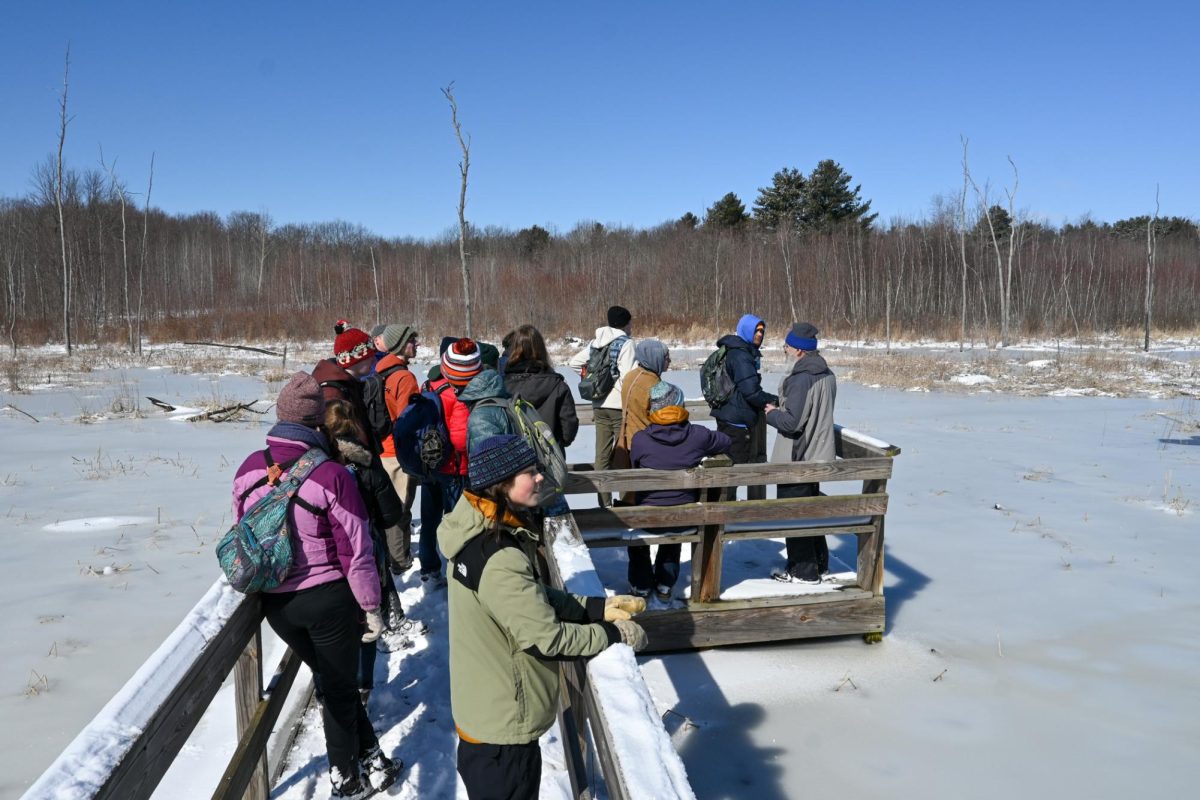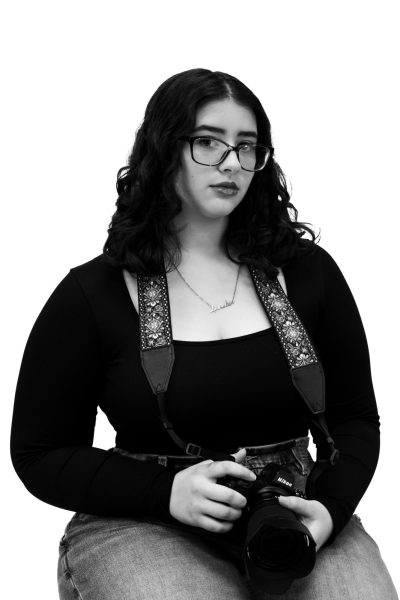For many college-aged students, going out is a rite of passage. Weekends filled with dancing, drinking and poor decision-making make the stress of school almost bearable.
For students with physical disabilities, weekends can look a lot different. Lack of accessibility on and off campus limits the options that disabled students have when going out, said sophomore Lillian Mae Olson, a member of the Disabled Students Union.
“In the evening I usually don’t go out, but if I do it’s usually just to a friend’s dorm,” Olson said. “Many of the locations that people go to when they go out are not accessible. I would love to go to basement shows, but they wouldn’t be safe to attend as a wheelchair user.”
Going to bars, cramped houses and other typical weekend ventures are often off-limits for UVM’s disabled student population. Even when these activities are options, the planning process itself can be draining, said first-year Maggie Walsh.
“I have so much more to consider than an able-bodied person,” Walsh said. “Like if I can bring a bag, if I will be able to sit, if I will be able to leave and come back, how far of a walk it is, if I can get water and if I can even physically get to the venue.”
Accessibility isn’t always limited to the venue. The time of year, for instance, can make it harder for disabled students to go out safely, said sophomore Becca Halper, a member of DSU.
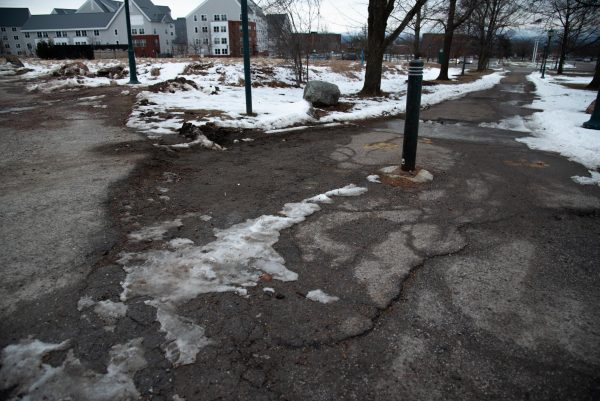
“Sometimes it is as simple as the weather,” Halper said. “Changes in barometric pressure cause me to have migraines and joint stiffness which limits my mobility. Snow and ice can be a physical barrier if it is not cleared appropriately.”
Weekend activities are heavily tied to excessive drinking and smoking, which can limit participation for students on medication and restrictive treatment, said sophomore Olivia Duffy, a member of DSU.
“The culture of alcohol and weed around campus makes [going out] harder,” Duffy said. “I cannot even indulge once a year in a single glass of wine or beer because of how it will interact with the medications I take.”
Abilities vary, however, and smoking can make it more feasible for some students to go out. Having access to certain substances can make going out a lot easier for students with chronic pain, Walsh said.
“I prefer to do anything where I can smoke because of how much it helps me,” Walsh said. “It lets me, as a neurodivergent person, socialize without draining my energy as much, and it helps me manage my pain and nausea.”
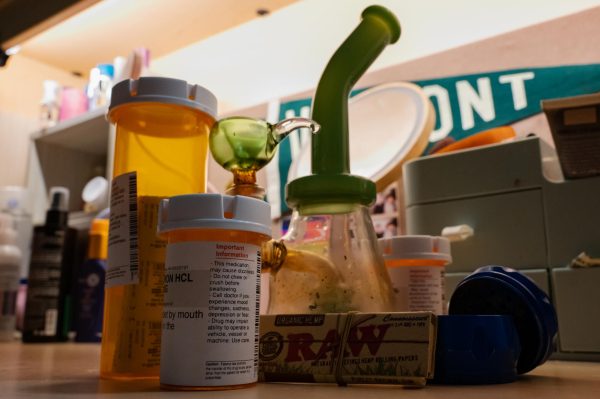
While disabled students’ weekends may look different, there are still options for going out that don’t cause undue physical stress and exhaustion.
“I like going to the mall and sometimes downtown on the weekends,” Duffy said. “It definitely isn’t the typical nightlife, but it’s nice getting off campus every once in a while.”
Because disabled students are less likely to go out, people tend to assume they don’t want to. This perspective is misguided, Olson said.
“Most of the time it’s a lot easier to stay in, but if I could I would absolutely go out more,” Olson said. “The general atmosphere of inaccessibility is a lot more limiting than my disability is.”
Even when places are accessible, the fear associated with medical emergencies can also cause disabled students to stay in, even when they would rather go out with their friends, Walsh said.
“A lot of the time I skip parts of the night just to make sure that I will be able to make it through the night,” Walsh said. “This is mostly my anxiety talking, but I constantly worry about having a medical episode while I’m out.”
In a statement made to the Cynic, the Dog House, a venue holding DIY-style basement concerts, addressed accessibility in the going out scene.
“We have advertised accessibility doors for a couple shows in the past, but they weren’t really utilized,” the Dog House stated. “We want to make this scene as accessible as possible for anyone, so we would love for people to reach out with suggestions on how to make it a safer, more welcoming space. We love the DIY community and it shouldn’t only be accessible for able-bodied persons.”
Students with disabilities want to have fun just as much as able-bodied students. People need to be more aware of what makes certain going out activities inaccessible for disabled students, Olsen said.
“Not being able to go out or going out and having a bad experience can have a really big impact on your relationships on campus,” Olson said. “I hope more accessible options become available.”


